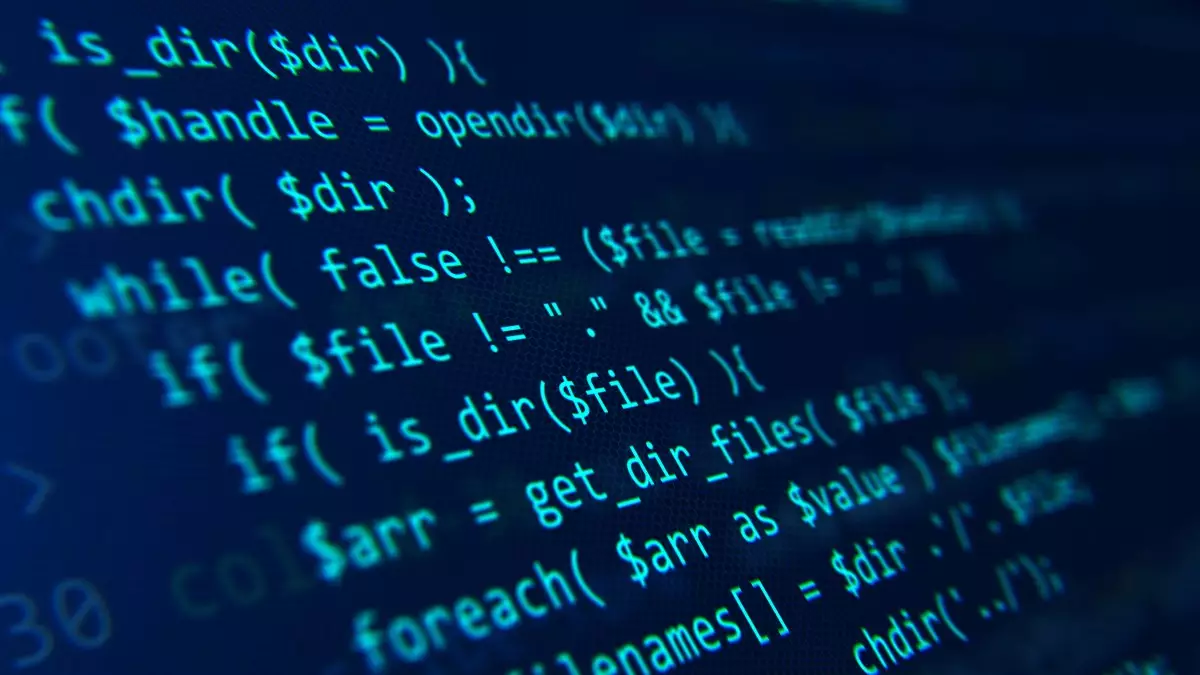The rapid integration of AI coding assistants into the tech ecosystem marks a significant paradigm shift for developers and companies alike. Recent surveys, including those from GitHub, reveal that a striking majority of software developers are tapping into the potential of AI tools to enhance their productivity. This trend is not merely a fleeting fancy; it represents a seismic shift in how coding is approached. Y Combinator partner Jared Friedman’s observations underline this wave, indicating that a substantial portion of new startups—specifically 25% of the W25 batch—are relying on AI to generate nearly all of their code. The implications are profound: as coding becomes increasingly automated, the demand for traditional coding skills may evolve, presenting both opportunities and challenges for the workforce.
Venture Capital’s Insightful Focus
With a promising future in sight, venture capitalists are racing to fund startups innovating in this exciting field. An example of this emerging ecosystem is Graphite, which recently secured an impressive $52 million in Series B funding, highlighting investor confidence in AI-driven coding solutions. The startup’s journey reflects a learning curve; Graphite began as a mobile development tool but quickly pivoted to focus on code reviews, after identifying a critical gap in the market. Founders Tomas Reimers, Greg Foster, and Merrill Lutsky bring diverse industry experience to the table, emphasizing the growing trend of tech entrepreneurs drawing upon their backgrounds in major companies like Facebook and Airbnb.
This startup’s necessity arose from real-world challenges faced during the coding process, as explained by Lutsky. By initially building an internal tool to streamline their code review process, they unlocked a demand that clearly resonated with other developers. This time, it’s not just about writing code; it’s about creating a framework that aids in ensuring its correctness.
Innovative Features Setting Graphite Apart
Graphite’s unique proposition lies in its intelligent feedback mechanism, which uses sophisticated models from big players like Anthropic and OpenAI to analyze code quality effectively. The platform doesn’t merely highlight errors; it offers suggestions and generates potential fixes based on the context of the code. This is a heroic leap from traditional code review methods that were often manual, time-consuming, and prone to human error.
Furthermore, Graphite is also launching Diamond, a new autonomous tool aimed at identifying coding bugs, focused on solidifying its grip on the market. The competitive landscape is fierce, with established tools like GitHub Copilot and emerging players like Anysphere and CodeRabbit vying for developer attention. In this crowded space, Graphite’s emphasis on security and customization is noteworthy. Unlike some competitors, Graphite allows teams to establish specific coding patterns and implement security filters that address unique vulnerabilities, thereby promoting a sense of control and confidence in using AI technology.
Unprecedented Growth and Future Aspirations
The growth trajectory Graphite has experienced is nothing short of remarkable. According to Lutsky, revenues surged 20-fold in a single year, and their user base expanded to tens of thousands of engineers across over 500 companies, including tech giants like Shopify and Snowflake. This impressive scale propels Graphite into a leadership position within the coding assistant market. With an eye on future profitability, the latest funding can ensure that they maintain a long runway for continued development, particularly in a sector characterized by rapid innovation.
One strategic move that captures attention is Graphite’s decision to offer its core code review services for free to all teams, which lowers the barrier to entry for potential users. Previously, the free tier was limited to small teams, but broadening access could significantly expand their reach. This tactical shift not only promotes usability but also positions Graphite to capture widespread market interest—a smart play in a competitive landscape where user adoption is key.
Challenges Ahead for AI in Coding
Despite its many advantages, the rise of AI coding assistants also invites skepticism and caution. Issues related to reliability and security persist, with many developers expressing concerns about the pitfalls associated with reliance on AI tools. As competition intensifies and new innovations emerge, the challenge for Graphite and similar companies will be to assuage these concerns while continuing to innovate. Balancing efficiency with robust security measures is not merely a technical requirement but a necessity for establishing trust in an industry increasingly defined by its allegiance to artificial intelligence.
The journey of AI coding assistants is just beginning, heralding an era filled with potential and difficulty. As businesses increase their investment in AI capabilities, the way engineers write, review, and maintain code will undoubtedly transform, opening a plethora of new avenues for creativity and technological advancement.

